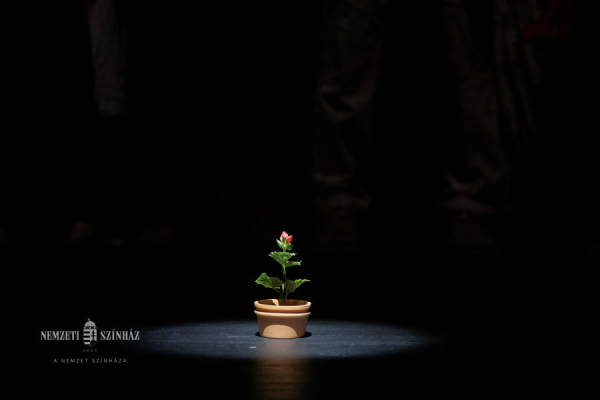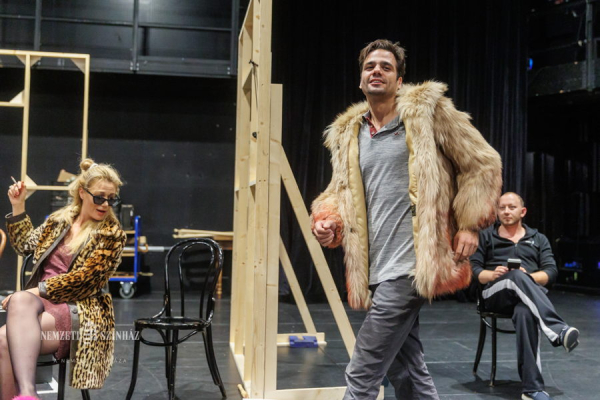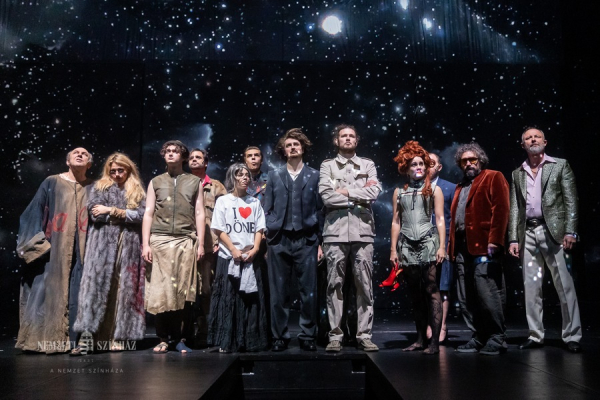
Candide 16
What does a person seek in the world, and what is the meaning of their existence?
This is the question posed by the characters in Aleksandar Popovski’s latest production on the Main Stage of the National Theatre. Following the great success of The Master and Margarita and Don Juan, the director now brings to the stage Voltaire’s most renowned work under the title Candide, or Radical Optimism.
For centuries, Voltaire’s novel has been associated with the word optimism: once denoting the source of “all that is good,” today it is more often the object of mockery—dismissed as weakness, or reduced to a tool of self-deception and comforting explanations. But what could it mean to be an optimist today? Is it still worth believing that a better world is possible—and worth actively working toward it? Or has reality slipped from our grasp once and for all?
Aleksandar Popovski’s production does not provide ready-made answers to these questions; rather, it turns them over and over until one of them resonates within us. In the play, philosophical debates intertwine with musical and grotesque episodes, through which naivety, cynicism, faith, and doubt naturally accompany one another. At the same time, the performance invites us to examine our own faith in the world—and in ourselves.



